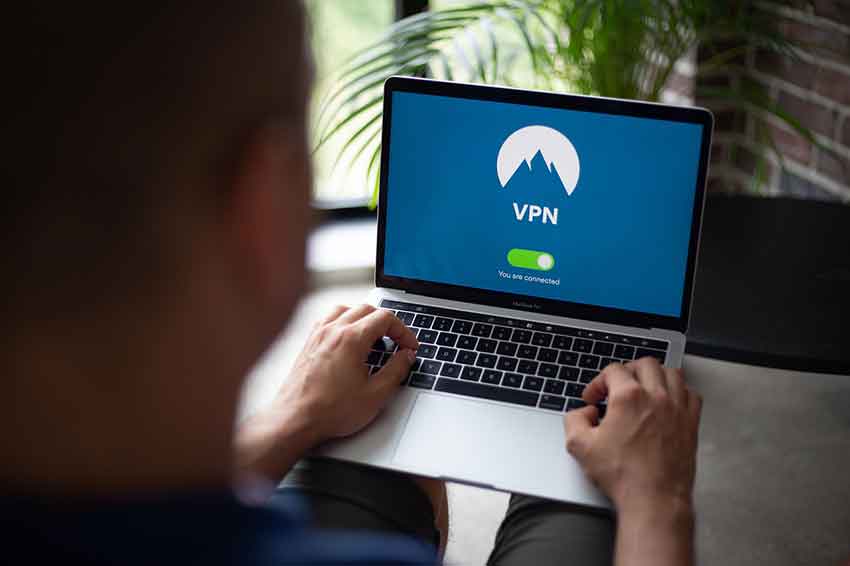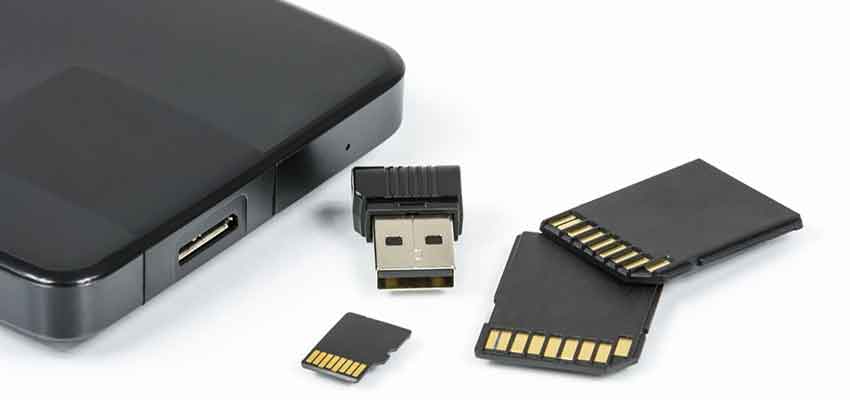Show:
What You Need for a Secure Internet Setup When Working From Home
Working from home has been quite the drill lately, especially after the global coronavirus pandemic struck. Even after the economy was opened up, most companies are still advocating for their employees to carry out their tasks from home where possible. While this is an option for the benefit of individual employees and the company, one needs to have a secure internet setup at home to make this possible.

Cyber threats have been on the rise over the last couple of months, especially after many people lost their jobs to COVID. We cannot afford to overlook the fact that for some people, COVID was a golden opportunity to hack, scam, and steal identities. We can go on and on about this, but one thing is for sure. Working from home may require you to have a bulletproof internet connection, and you can never be too careful. This is especially if your line of work involves dealing with sensitive data and information. Without further ado, here are a few things you need to know about setting up a secure internet connection when working from home.
1. Make Your Router Secure
If there is anything about your home internet connection that you should be very concerned about most, that’s your router. The router gives access to all your devices that have been logged in to your internet connection. To make your router secure, you ought to be smarter with your login credentials. It is essential to change your passwords once in a while to keep out anybody that might have accessed your home network without your authorization. Other things you can do to improve your internet security when using a Wi-Fi router include:
- Always ensure your password is unique and complex
- Be smart when naming your router or Wi-Fi connection
- Keep your router firmware up-to-date
- Use the appropriate security encryption – WPA 2
2. Use a Trusted Network Provider
These days, you can work comfortably even from the most remote areas you may think of. However, this largely depends on the network provider you are using. If you choose to connect to the internet via a wireless broadband network, you will definitely need to get the services from a reputed provider.
This is especially the case in places like Canada, where cybercriminals are on the rise with every tick of the clock. In their brief about the internet for everyone packages, the folks at wave direct advise using network towers and dishes can be more cost-effective and secure compared to traditional. Normally, such a company offers secure high-speed connections to several devices within your home without disrupting your day-to-day activities. This is part of the reason why fixed wireless internet is becoming more and more popular in these situations, especially among people who work remotely.
3. Use VPN
Using a VPN or virtual private network comes with many advantages. It ensures that the communication between your devices and other devices is encrypted. It also allows you to access the website of your choice anonymously without leaving a data footprint.

If anyone has ill intentions, they’ll be in for a challenge because they cannot trace your IP address from the data you send or receive. When working from home, a VPN guarantees you both security and privacy.
4. Use a Company Laptop If Possible
Company-owned hardware can be configured with the right security detail to ensure user security when working from anywhere. Using a home machine places your work information at risk since you may have to share the computer with another user in the household. Moreover, your home PC may not have the necessary security protocol to ensure that your office work is protected. If they provided you with one, always use a company-issued laptop and make it known to the other members in your household that it is out of bounds if possible.
5. Use VPNs and Keep Away From Public Free Wi-Fi
The internet has become a very insecure place, especially for companies. Being aware of that bit, it is important to use a secure network to make connections between your computer and your office networks. When working from home, use your company’s VPN servers to make the connection. This makes sure that your connection from home to work is uninterrupted and secure. If the VPN connection is convenient for you, ensure that the connection you decide to use is encrypted.
6. Have a Backup Solution
It is common for such things as loss of connectivity and server failure to lead to data loss. Losing company data can lead to unwanted situations. To be on the safe side, as you can’t predict what might happen in the next minute, it is always advisable to have a backup solution while at home.

This way, even if something you don’t wish for happens to your data and company files, you can always retrieve them from your back up. Other than Google Drive, there are numerous other data management tools and file management software that you can use to store, share, and receive data while working from home.
7. Save Bandwidth
When working from home, you are bound to encounter several distractions. Moreover, You might have decided to bring work home after a long day at work where you never got to accomplish what you were supposed to. In a scenario where you have deadlines to meet, you don’t want network competition when working. Therefore, you have to make sure that nobody uses your bandwidth for activities such as streaming online videos and music. These activities have very high consumption, so you may want to limit the number of users in your bandwidth during your working hours.
Working from home comes with a multitude of perks. For instance, it is associated with less pressure from supervisors and bosses. It also allows you to earn without sacrificing too much of your comfort. Nonetheless, it has its own fair share of challenges, and these include networking vulnerabilities. If you are working from home, make sure you don’t jeopardize your work by risking using insecure internet connections. Use the tips listed above to make sure working from home is as secure as the office.

 Return to Previous Page
Return to Previous Page








